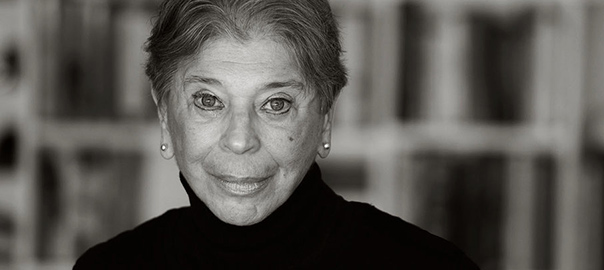Book Club: The Odd Woman and the City

On Sunday, December 4, 2016 at 10:00am*, our Book Club meets to discuss The Odd Woman and the City, by Vivian Gornick Buy this book on Amazon and donate to BCC! more details
The Odd Woman and the City is a memoir of a 20-year friendship between a Jewish feminist and a gay man in New York, focusing both on their relationship and on the wider context of urban connections and disconnections in the big city. A National Book Critics Circle Award finalist.
*The following Book Club meeting will be held on January 8, 2017 (because the last two Sundays before that are Christmas and New Year’s Day). We will then return to our normal schedule on January 29.
Vivian Gornick’s new memoir, “The Odd Woman and the City,” has an unusually large cast of characters. There is her mother, the subject of her memoir “Fierce Attachments,” and her friend, Leonard, a gay man, whom she meets once a week. There are the people she sees at parties and the two men she was married to, briefly, in her youth. There are her lovers — one of whom we might recognize for his habit of telling women what they want (in “Fierce Attachments,” a glass of wine; in this memoir, anal sex) — and the couples whose relationships she likes to analyze with friends: “Who would have written this story, Wharton or James?”
Then there are the authors she cites — perhaps 40, including the little-known New York novelist Mary Britton Miller and the poet Charles Reznikoff — as well as fictional heroines such as Rhoda Nunn, the protagonist of George Gissing’s novel “The Odd Women” who, like Gornick, renounced marriage and motherhood with consequences she could not foresee. Like a painting by Bosch, Gornick’s New York is full of cleverly drawn little figures: a hippie dentist on 14th Street telling her to “let it all go”; a cross-dresser on the corner of Seventh who calls to the skies, “I have so many enemies!”
Gornick, the author of 11 other works of nonfiction including biography, sociology and criticism, has over the decades become a kind of ambassador for those most contested, conflicted of American genres, the personal essay and the memoir. Starting with her Village Voice column, which followed the feminist movement in the ’60s and ’70s, she has written what Elaine Blair has described as “personal criticism,” a form that makes its arguments using both anecdotes from life and examples from literature; she experiences her reading sensuously, almost physically (Norman Mailer’s novels, she recently wrote, left “the taste of ashes” in her mouth). Even when she is not writing directly about her own experience, Gornick’s work always feels like an intimate disclosure; whether her subject is the anarchist feminist Emma Goldman or the prudish Clarissa Dalloway, we sense that she is also exploring her own suffering and desire. continue reading in the New York Times




